Small nations push climate at Commonwealth talks
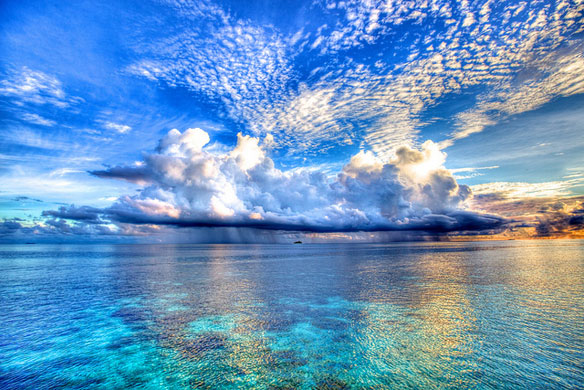
Pacific islands and other low-lying countries experiencing global warming consequences and rising seas, will use a Commonwealth summit this week to ramp up pressure in the climate change debate, on powerful and majors polluters – the United States and China – that are not doing enough to cut their greenhouse gas emissions.
Climate: Which Nations, Cities Most At Risk?
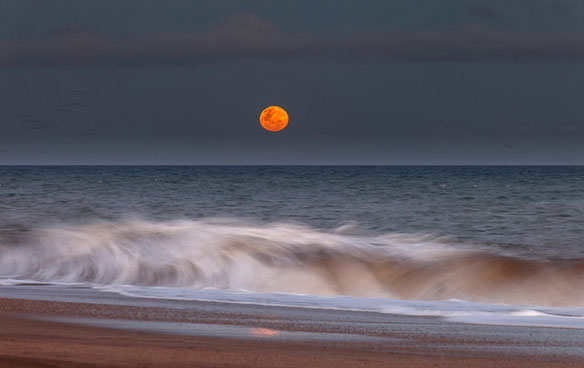
A third of humanity, mostly in Africa and South Asia, face the biggest risks from climate change, and rich nations in northern Europe will be least exposed, according to a report released Wednesday, by Maplecroft, a British firm specialising in risk analysis.
Seven Billion And Counting
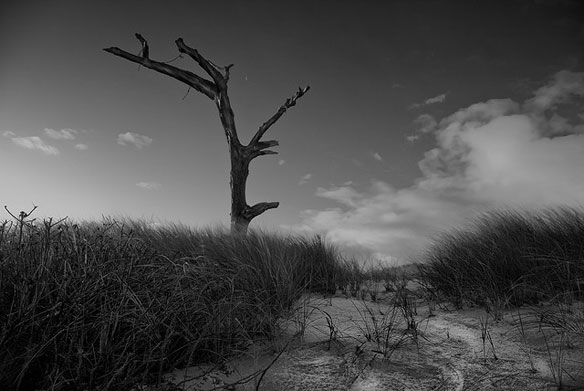
How is the changing global population affecting people’s daily lives? With the UN set to announce that there are now seven billion people on the planet, BBC News reporters spoke to seven people from around the world to hear their stories.
Thailand floods’ Shut Down Bangkok’s Second Airport
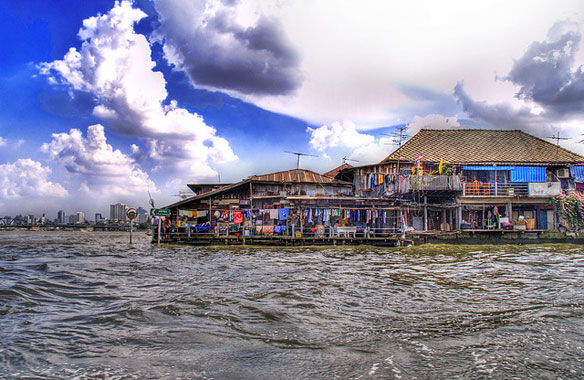
Advancing floodwaters in Thailand breached barriers protecting Bangkok’s second airport, in Don Muang, Tuesday. Don Muang has come to symbolize the gravity of the Southeast Asian nation’s deepening crisis, which has seen advancing waters drown a third of the country and kill 366 people over the last three months.
Planet Is Far Away On Climate Goals: Study
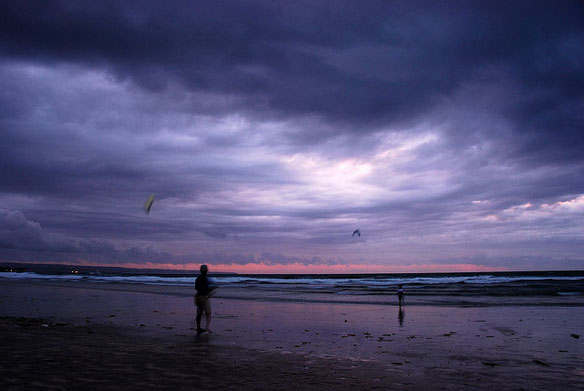
The world remains far away from meeting UN-backed goals on holding back climate change, setting the stage for major damage without more ambitious efforts to cut emissions, a study said Tuesday.
NASA Leads Study of Unprecedented Arctic Ozone Loss
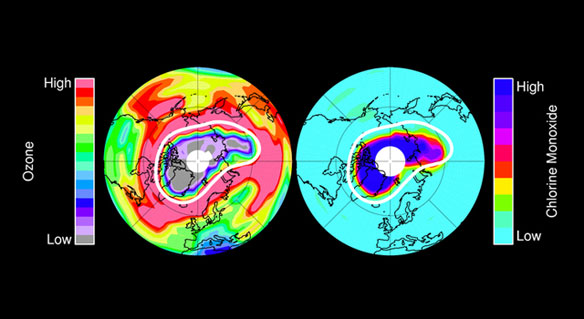
An ozone hole five times the size of California opened over the Arctic this spring, matching ozone loss over Antarctica for the first time on record, scientists said on Sunday.
Canadian Arctic Nearly Loses Entire Ice Shelf
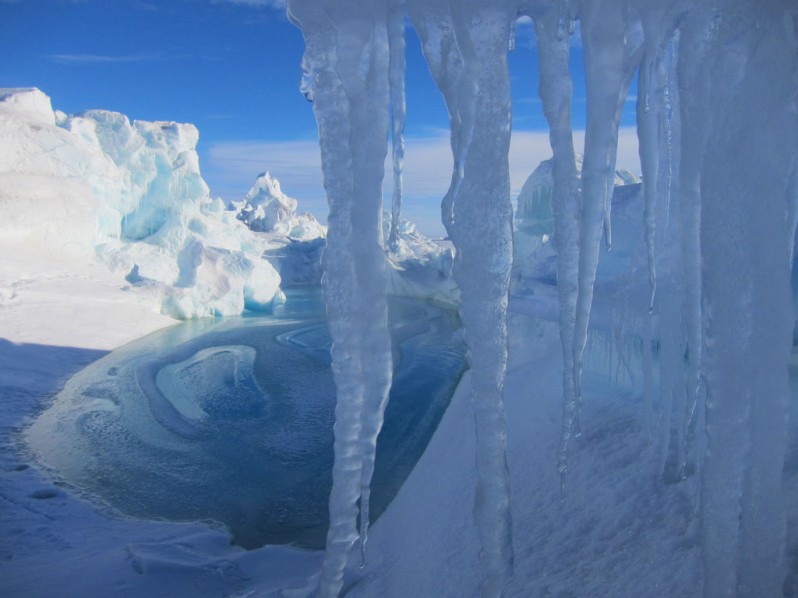
Two ice shelves that existed before Canada was settled by Europeans diminished significantly this summer, one nearly disappearing altogether, Canadian scientists say in new research. The loss is important as a marker of global warming, returning the Canadian Arctic to conditions that date back thousands of years.
A Tribute to Professor Wangari Maathai, Nobel Peace Prize, Green Belt Movement Founder
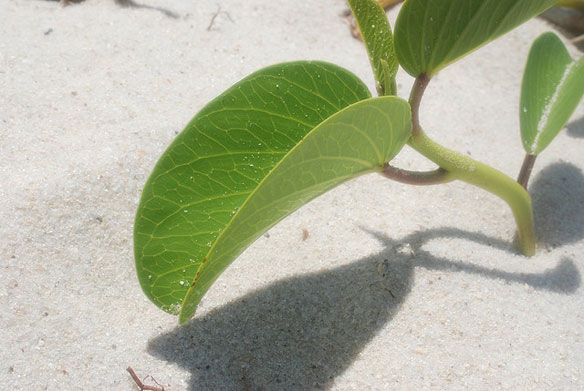
Kenya’s most recognizable woman, Pr. Wangari Maathai, won the Nobel Peace Prize in 2004 for combining environmentalism and social activism. She was the founder of the Green Belt Movement, where over 30 years she mobilized poor women to plant 30 million trees.
Approaching the 2011 Arctic Sea Ice Minimum, NASA Animation
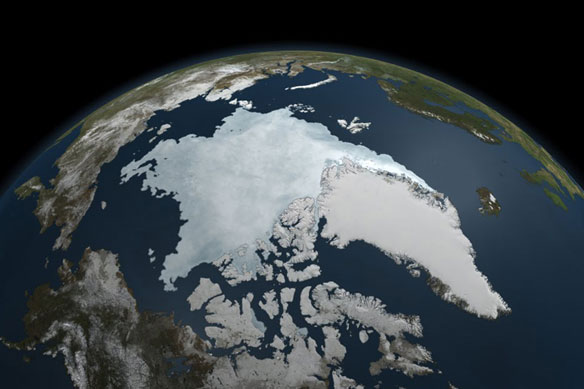
Every year, the frozen Arctic Ocean emerges from winter and thaws under the 24-hour light of the summer sun. Each year is different: sometimes ice retreats from the shores in dramatic fashion and other years have a more gradual melt. 2011 proved to be a year of extreme melt.
